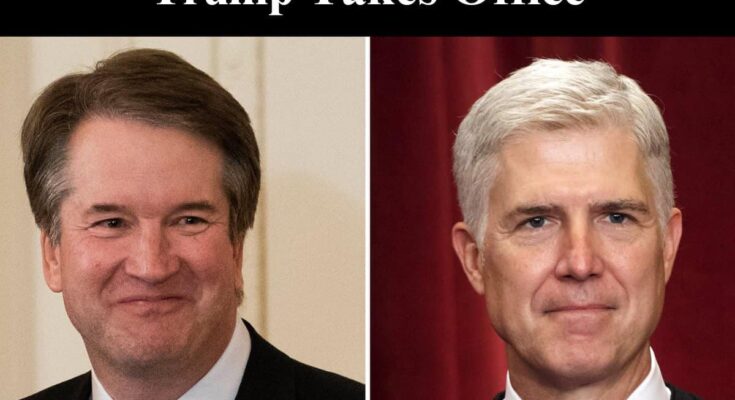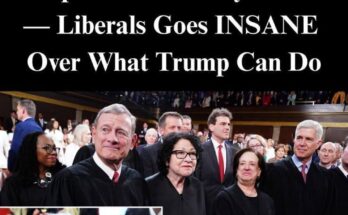A lower court ruling that blocked a rule from President Joe Biden’s administration that assists students who have been defrauded by their schools in having their loans forgiven will be reviewed by the U.S. Supreme Court.
President Joe Biden’s administration has forgiven billions of dollars in student loan debt under the borrower defense rule. The administration updated the rule in 2022, despite the fact that it had been in place for decades. The program allows those who were defrauded by their education to have their loans forgiven.
Politico asserts that the ruling of the lower court may now lead to additional restrictions on the rule.
“It simply means that the Supreme Court will hear arguments as to the scope of the Department of Education’s authority related to [the borrower defense rule],” Altmire told the news organization. “It remains to be seen how the incoming Trump administration will argue the government’s side of the case, but we strongly believe the facts of the case will show the Department’s onerous [borrower defense rule] went well beyond the agency’s authority.”
This case will test the Biden administration’s authority under the Higher Education Act of 1965.
The Supreme Court’s decision will affect when and how students who have been defrauded can get compensation.
The Biden administration has advocated for student loan relief, including the cancellation of loan debt, despite legal challenges that have severely undermined the administration’s efforts to forgive student debts.
Biden made a pledge to forgive student loans during the campaign. His government announced that it would attempt to pay off the $10,000 debt for each borrower and the $20,000 debt for Pell Grant recipients.
Several states sued Biden and the Department of Education over the proposal, even though the administration permitted loan forgiveness applications to stay open until closing them in November 2022.
Then, in June 2023, the Supreme Court struck down the forgiveness plan, dealing a severe blow to the administration right before last year’s elections.
Most Republicans are against student loan forgiveness because they believe it is unfair to borrowers who have worked hard for years to successfully and appropriately repay their debt. If the Trump administration ceased defending a number of the ongoing cases, the project would be nullified.
Earlier this week, the Supreme Court made headlines when it turned down an appeal contesting Delaware’s ban on assault rifles and magazines with a large capacity, as well as a case involving Maryland’s handgun licensing regulations.
The Court avoided dealing with two important cases involving the divisive topic of gun rights by doing this.
After a lower court declined to issue a preliminary injunction, a group of gun enthusiasts and firearm advocacy groups appealed Delaware’s ban on “assault weapons” and magazines that could hold more than 17 rounds, but the justices denied their request.
Although these weapons have been used in a number of mass shootings in the United States, the FBI crime statistics show that handguns are used in the great majority of gun-related killings.
The gun rights organization Maryland Shall Issue and other plaintiffs appealed a lower court decision that affirmed the state’s licensing law as being in line with the Second Amendment right to keep and bear arms guaranteed by the U.S. Constitution, but the justices refused to hear their case.
The court did not act on two separate appeals contesting Maryland’s assault weapon ban and one in Rhode Island concerning large-capacity ammunition magazines, even though the justices declined to hear these two cases.
The Supreme Court has continuously upheld an originalist view of gun rights in landmark decisions since 2008, thanks to its conservative 6-3 majority—three justices were chosen by President-Elect Donald Trump during his first term in office.



